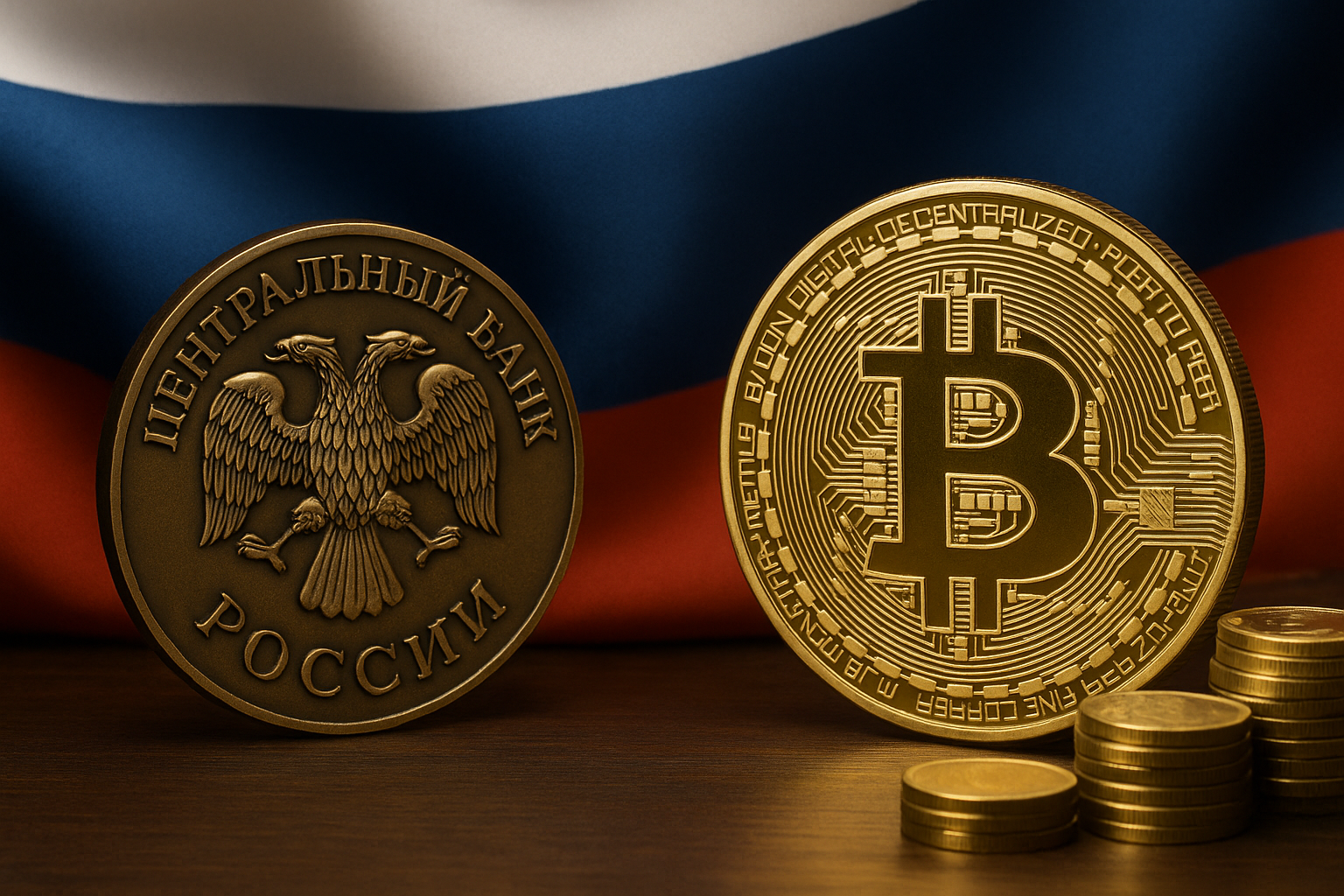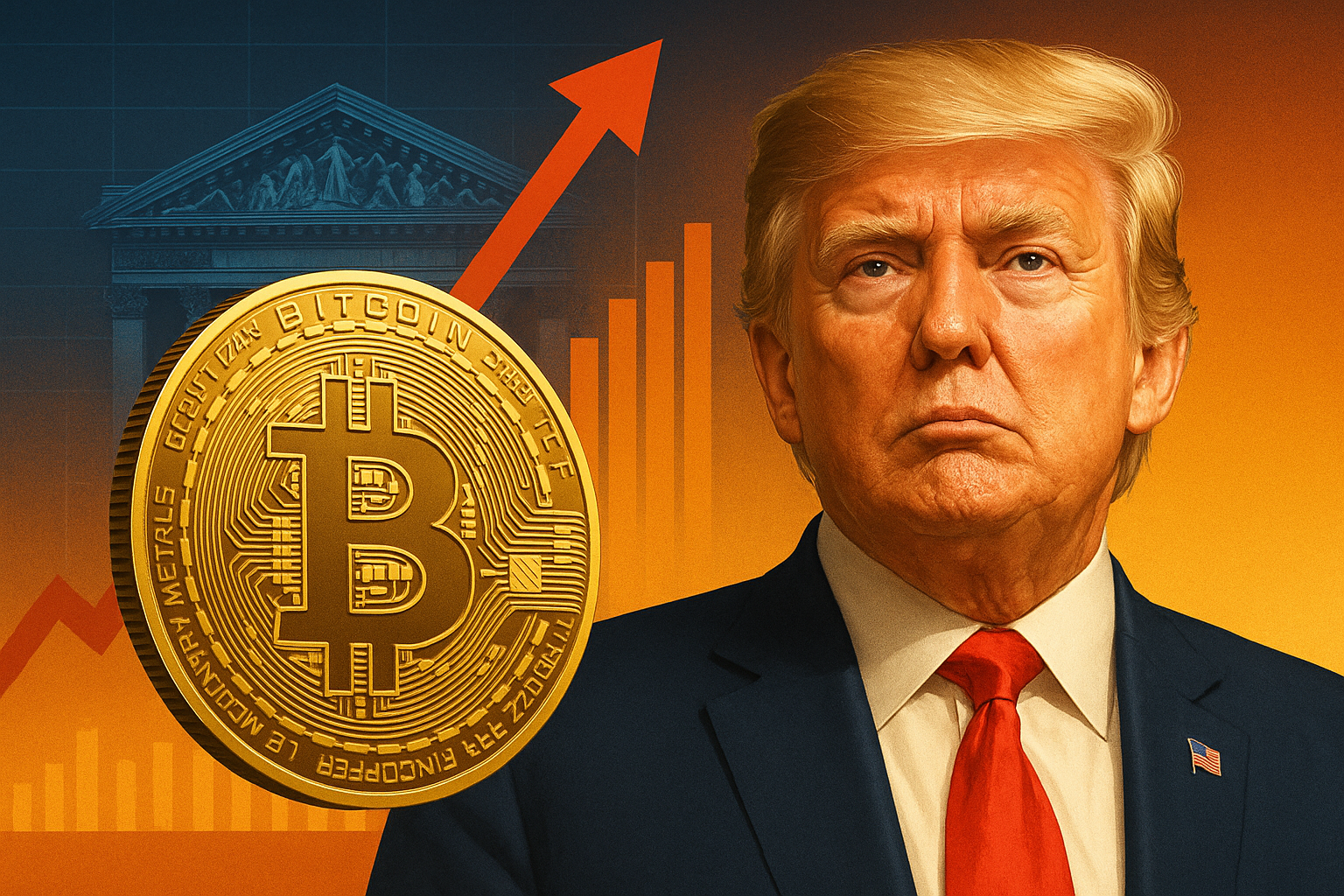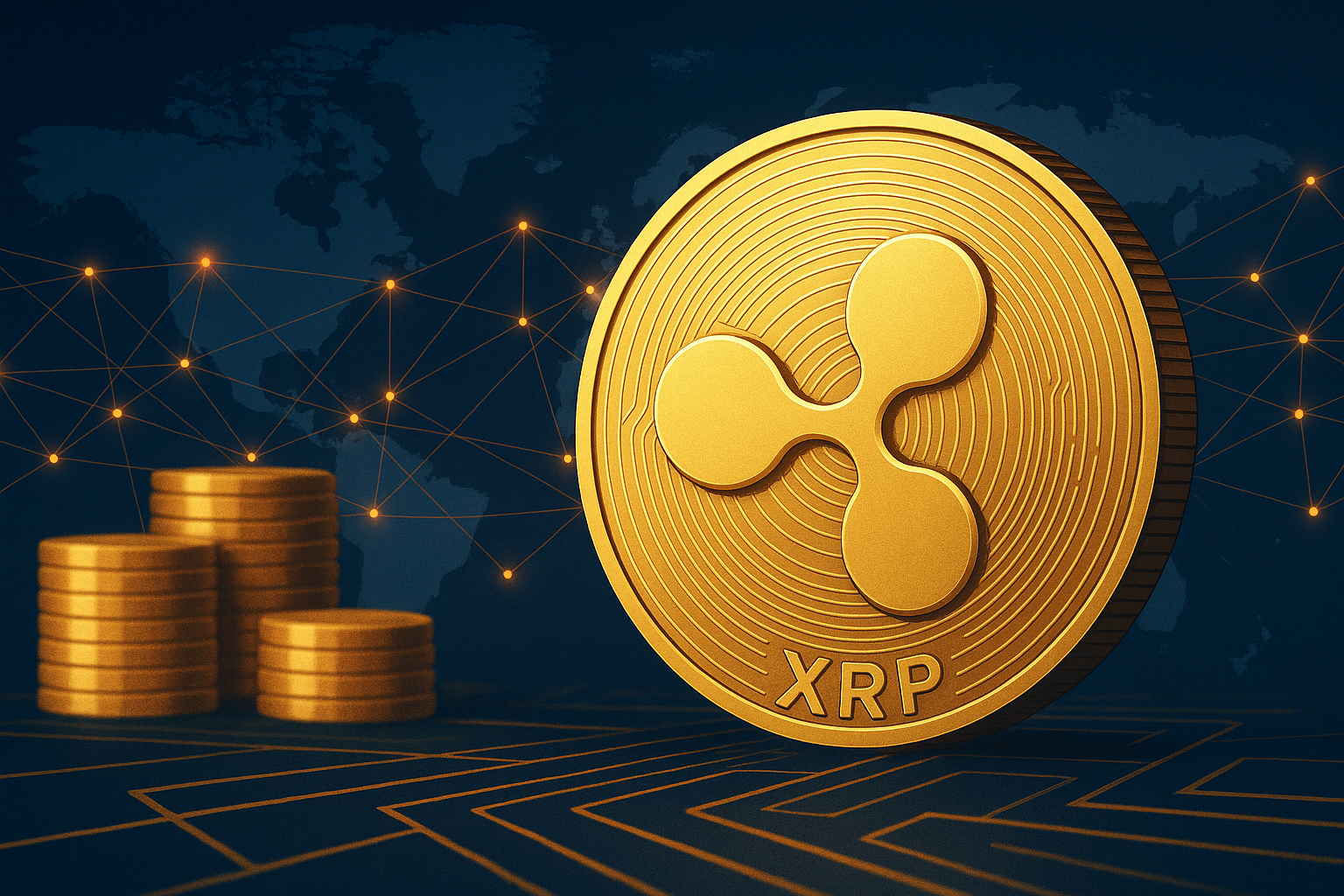In a significant policy shift, Russia’s Central Bank now allows qualified investors to trade financial instruments linked to cryptocurrency performance. This move marks a clear departure from the country’s traditionally cautious stance on digital assets.
Financial institutions can now create and offer crypto-linked derivatives, with returns based on cryptocurrency price movements. However, these instruments must be cash-settled, not paid in cryptocurrency, to ensure regulatory compliance.
Looser Crypto Rules Expand Investor Access
Russia has gradually relaxed its restrictions on cryptocurrency, enabling professional investors to engage with digital assets indirectly through regulated financial tools.
Under the new guidelines, investors may trade cash-settled futures, contracts that track the value of cryptocurrencies but settle in fiat currency. This structure removes the need to directly buy or store digital assets, thus reducing technical barriers.
- Unlock exclusive rewards with your Phemex invitation code—sign up now and claim your bonus today!
For instance, an investor purchasing a Bitcoin futures contract at $100,000 and exiting at $105,000 would earn a $5,000 profit in rubles, without ever holding actual Bitcoin.
A Risk-Conscious Approach with Strategic Benefits
This model not only aligns with the Central Bank’s conservative approach but also allows investors to benefit from crypto price fluctuations without taking on the risks of direct asset ownership. Moreover, regulators can more easily oversee these transactions, enhancing financial oversight.
Experts emphasize that these instruments simplify crypto market participation for institutions and high-net-worth individuals. They minimize cybersecurity risks and volatility, while providing a legal and compliant route to access crypto-related profits.
Broader Crypto Integration on the Horizon
At the same time, Russian lawmakers are working on legislation that could expand access to digital financial assets for retail investors. Earlier reports from crypto news agencies indicated that the Central Bank is also considering a dedicated crypto exchange for highly qualified investors.
On the mining front, Russia maintains a strong foothold. Demand for mining hardware reportedly tripled in the past year, signaling robust domestic interest in blockchain infrastructure.
Although speculation once suggested Russia might add Bitcoin to its National Wealth Fund—especially in response to similar moves discussed in the U.S. under former President Trump—authorities have since denied those claims.
A Cautious but Steady Path Forward
Nevertheless, the overall direction is clear: Russia is cautiously embracing crypto integration. The government is reportedly planning a ruble-backed stablecoin, a move aimed at reducing dependency on the U.S. dollar in international settlements.
While the Central Bank continues to discourage direct crypto purchases by the general public, these newly approved instruments provide a regulated compromise, offering controlled exposure to the crypto market within a framework that prioritizes stability and oversight.






